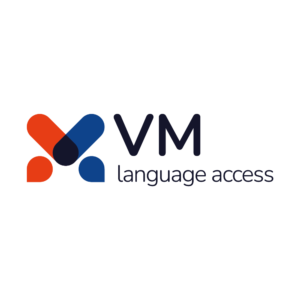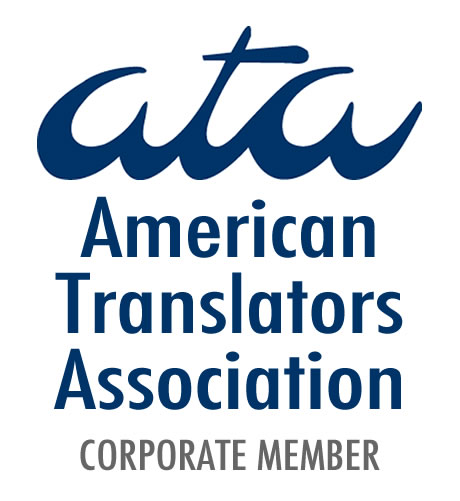
The Value of Human Translation in 2024
Introduction to the value of human translation:
In a rapidly globalizing world, effective communication across language barriers is paramount. While machine translation has certainly made advancements, there is still undeniable value in the art and expertise of human translation. In this article, we will delve into the unique benefits of human translation and the impact it has on bridging linguistic gaps.
Contextual Awareness and Nuance:
One of the key strengths of human translation lies in its ability to grasp the subtle nuances and understand the cultural context of the source text. Human translators have deep knowledge and comprehension of grammar, idiomatic expressions, and cultural references, allowing them to provide accurate and culturally-appropriate translations. Human translation ensures that the essence and intent of the original message are preserved, leading to effective communication.
Adaptability and Creativity of Human Translation:
Language is not merely a combination of words. It carries emotions, subtleties, and cultural elements that need to be carefully considered during translation. Human translators possess the creativity and adaptability to convey these nuances appropriately. They can adapt translations to ensure they resonate with the target audience, regardless of the industry or subject matter.

Subject Matter Expertise:
Certain fields, such as legal, medical, or technical translations, require specialized knowledge and terminology. Human translators with expertise in these domains bring a deep understanding of the subject matter, ensuring accurate and precise translations. They possess the necessary background to handle complex terminology, ensuring clarity and precision that machine translation may struggle to capture.
Quality Assurance and Attention to Detail:
Human translators perform meticulous proofreading and editing to ensure the accuracy and fluency of the translated text. They are able to catch potential errors, inconsistencies, or ambiguities that automated translation may overlook. This attention to detail guarantees the high quality of the final product, offering peace of mind to clients and users.

While machine translation technologies have made significant progress in recent years, human translation remains a valuable and essential service. The expertise, contextual awareness, creativity, and attention to detail provided by human translators ensure accurate and culturally-responsive translations. In a world where effective communication across languages is key, human translation continues to make a significant impact in bridging linguistic gaps and fostering understanding between cultures.
FAQs
- What are the main advantages of human translation over machine translation?
- Human translation offers contextual awareness, cultural nuance, creativity, and subject matter expertise that machine translation often lacks, ensuring more accurate and culturally appropriate translations.
- How does human translation handle cultural nuances better than machine translation?
- Human translators have a deep understanding of cultural contexts, idiomatic expressions, and local customs, allowing them to convey the true meaning and intent of the source text in a way that resonates with the target audience.
- Why is subject matter expertise important in translation?
- Certain fields like legal, medical, and technical translations require specialized knowledge. Human translators with expertise in these areas ensure the use of correct terminology and precise language, which is crucial for accuracy and clarity.
- How does the quality assurance process in human translation work?
- Human translators perform meticulous proofreading and editing, identifying and correcting potential errors, inconsistencies, or ambiguities. This attention to detail ensures the high quality and fluency of the translated text.
- Can human translation be more adaptable and creative compared to machine translation?
- Yes, human translators can adapt translations to better suit the target audience and context, using their creativity to ensure the translation captures the subtleties and emotions of the original text.
Takeaways
Contextual Awareness and Nuance:
- Human translation excels in understanding and conveying the cultural and contextual nuances of the source text, ensuring effective and accurate communication.
Adaptability and Creativity:
- Human translators possess the adaptability and creativity needed to handle the subtleties and emotions embedded in language, providing translations that resonate with the target audience.
Subject Matter Expertise:
- Specialized knowledge in fields such as legal, medical, and technical domains allows human translators to provide precise and accurate translations, which machine translation often cannot achieve.
Quality Assurance:
- The meticulous proofreading and attention to detail in human translation ensure high-quality, error-free translations, offering peace of mind to clients and users.
Essential Service:
- Despite advancements in machine translation, human translation remains indispensable for its expertise, cultural sensitivity, and ability to bridge linguistic gaps effectively.











